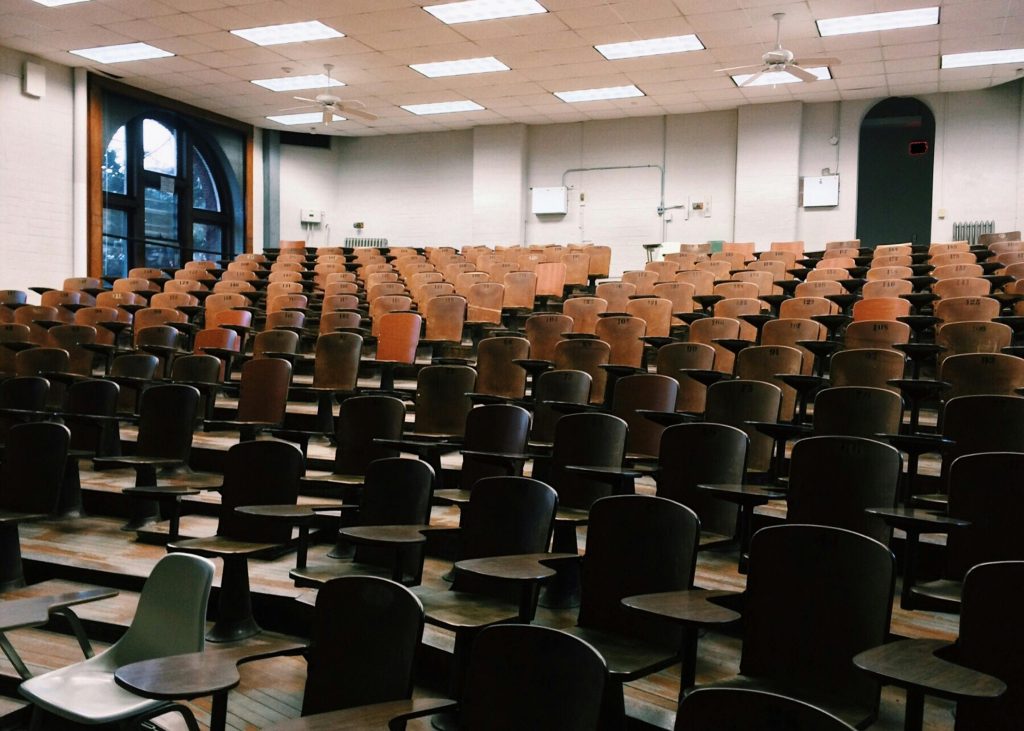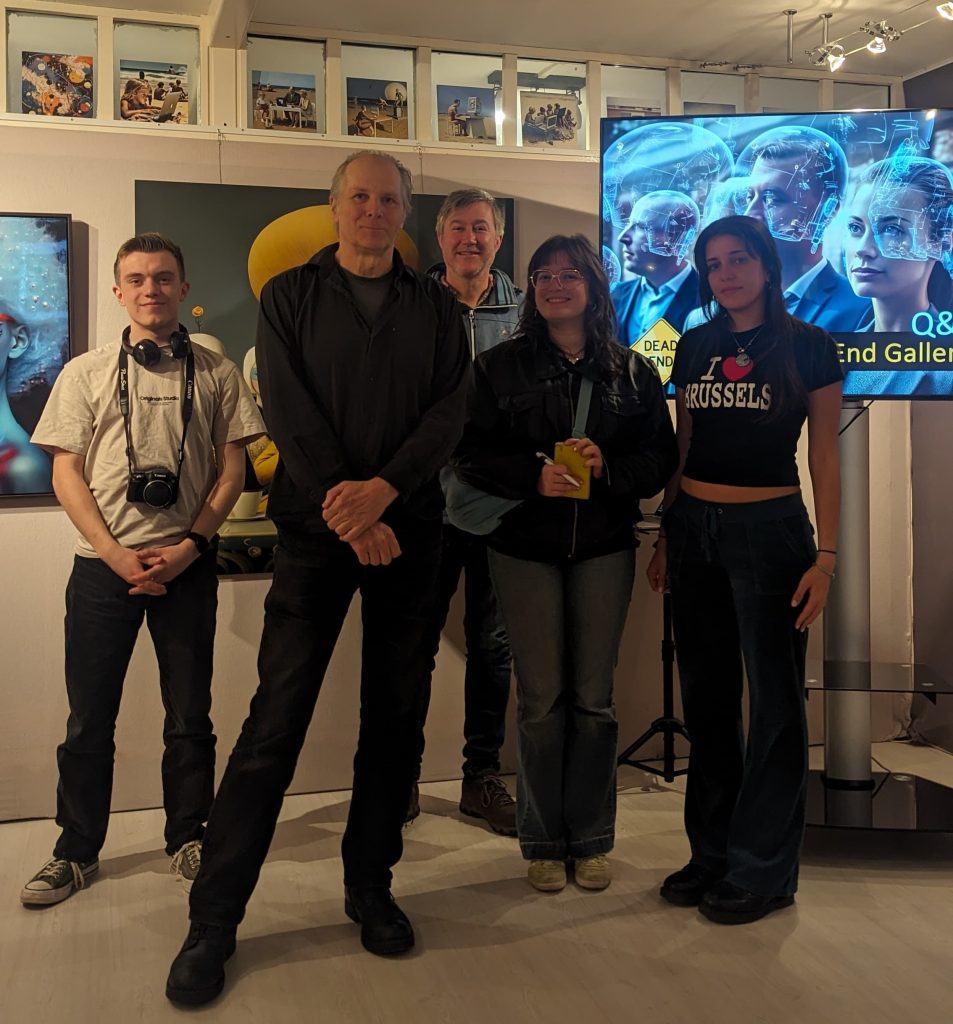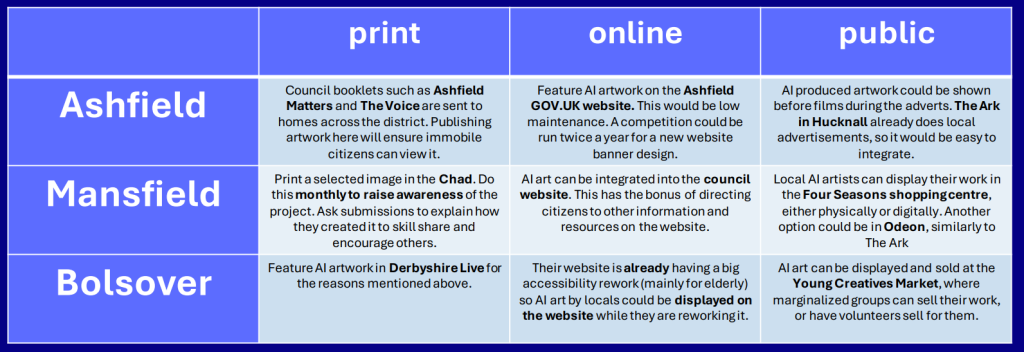
I have worked in education for fifteen years and during this time I’ve seen a steady decrease in attention spans and attendance. The smartphone is probably the reason for diminishing attention spans for all the reasons you might imagine. Attendance is more complicated and what I would like to focus on. I’ve done this as a list, just in case you’re reading this on your phone, and need to quickly scroll through it…
1. Poverty
The cost-of-living crisis means that many students are now forced to work. The Higher Education Policy Institute (Hepi) found that 55% of students are now doing paid work. Research suggests this is creating inequalities, and therefore should be treated as an EDI issue.
2. Customers rather than students
When the University of Bologna was formed in the 11th century, knowledge was deemed a ‘gift from God’ and so students did not pay fees. They paid a “collectio” (voluntary gift) and over time this led to a salary and the world we know today. But now tuition fees are so high, the power balance has shifted, transforming students into customers who are paying for a service and therefore can do what they like with that product. There are various implications for this retail industry approach which, I believe, is creating a culture of apathy that has removed individual responsibility from learning – by all involved in the process.
3. Knowledge on tap
From Chat GTP to a Google search engine, knowledge is now ‘on tap’ to be consumed at will. This is transforming how we learn. Knowledge is no longer something acquired through experience; a complex jigsaw puzzle assembled through life. Instead, it can be accessed as and when needed. Therefore, the need to accumulate and accommodate knowledge has gone. Why go to a lecture when you can figure stuff out for yourself?
4. Digital learning rooms
Modules now have a digital and physical presence. Due to noble reasons, such as increasing access for disabled students, PowerPoints and readings should be uploaded a week in advance. Lectures are recorded, removing the need to get out of bed, and with the added benefit of saving money.
5. Quality
The perception that a lecturer is either boring, unknowledgeable, or will read from a script. This may happen on occasion, but in my experience, lecturers are passionate about what they teach or else they wouldn’t do it. But this could become an issue if expertise is replaced with facilitators, in which case ethos – the credibility of the speaker – is lost. But there needs to be individual responsibility too. Life isn’t always as you expect and how you deal with such situations is often more important than the problem itself.
6. Mental health
A study by Kings College found mental health issues had tripled between 2016/17 and 2022/23. This means students are unable to attend lectures and require additional support. From my experience, universities are excellent at this and have dedicated specialists and teams.
7. Covid
I don’t really need to explain why being locked up and cut off from society has affected the psyche of a generation do I? No. Good. But one side effect of lockdown has been learning online, with the camera off, and with no need to engage with anyone else. This set a trend which has translated into lecture theatres, confirmed by a Times Higher Education report in 2022 that found 76 per cent of academics globally felt that attendance was lower than before the pandemic.
What to do?

In the worst-case scenario, drops in student attendance may very well signify that universities have had their day. And perhaps they have. They may have outlived their original function and are no longer applicable to how we learn (and work) today. But I don’t want to give up just yet so here’s a few suggestions.
1. Duty of care
Universities have a duty of care to students to ensure they get the best out of their education. You can’t just take the money and say it’s their choice. They are young and oblivious to the mounting debt that awaits them. There must be some kind of expected engagement threshold. One solution is introducing frequent assessment milestones. This could be quizzes, forums, or something that forces some level of engagement with the module. It’s not enough to miss an entire module and then write an essay at the end of it.
2. Sharing experience
There are many justifiable reasons as to why a young person feels anxious today. But life is a constant state of anxiety because none of us know what’s going to happen next. This means more needs to be done to install confidence and resilience in students. I do this in my modules by sharing my own experiences. In the 1980s there was AIDS restricting touch as Covid has done today. As with the Russian war with Ukraine, my generation experienced the Cold War and a nuclear catastrophe in Chernobyl in 1986. And as for cost of living and strikes, try living under Thatcherism. The point here is not one upmanship, rather showing how such fears affect every generation and you are testament that it’s possible to get through things.
3. Poverty
If you have to work, perhaps a degree is not for you. Consider an Open University course online that will fit around your schedule. This will save additional costs, such as renting. See Money Saving Expert for some useful tips on acquiring additional funding.
4. Talking through ideas
University is about experience. Attending a lecture means you can immediately discuss issues with other students, even if it’s how dire the lecturer was, as it is the process of talking though ideas that helps complex ideas settle. I offer a ‘walk and talk’ tutorial along the Trent in Clifton. This is a more welcoming environment and means some students open-up in a way they may not do in a formal setting. From this, friendships emerge, and bonds are formed. It’s a lot harder to skip a lecture when you feel an emotional connection.
5. Debate
University is a complex web of subject positions that form an overall discourse. Everything is about conversation. You put forward an argument and someone challenges you and this may affirm or negate your belief. If half the class is missing from a seminar that means less perspectives and a diluted debate. If this is not addressed by universities and attendance continues to dwindle, universities will lose their purpose, their integrity, and more people will turn to solitary means of discovering knowledge, as in the latest podcast.
6. Serendipity
You can buy any book you like, whenever you like, and it will be delivered to your door. But if you go to a charity shop, where you have no idea what you’ll find, you’ll spend longer perusing the shelves, reading the backs of books, contemplating what you want to read and why. You will be excited when you find something you didn’t expect and go home feeling a sense of excitement at your discovery. The same applies to attending sessions on campus. You will encounter different displays and events going on that week, perhaps catch a lecturer in their office and talk through something you didn’t know you wanted to talk about until you got there.
These points skim the surface of a complex problem that has many sides. They’re not meant to be judgemental, rather outlining reasons and possible solutions. I do believe a threshold of attendance should be compulsory but I appreciate this is hard to enforce. Please do share your suggestions because there’s nothing more disheartening than an empty room.



